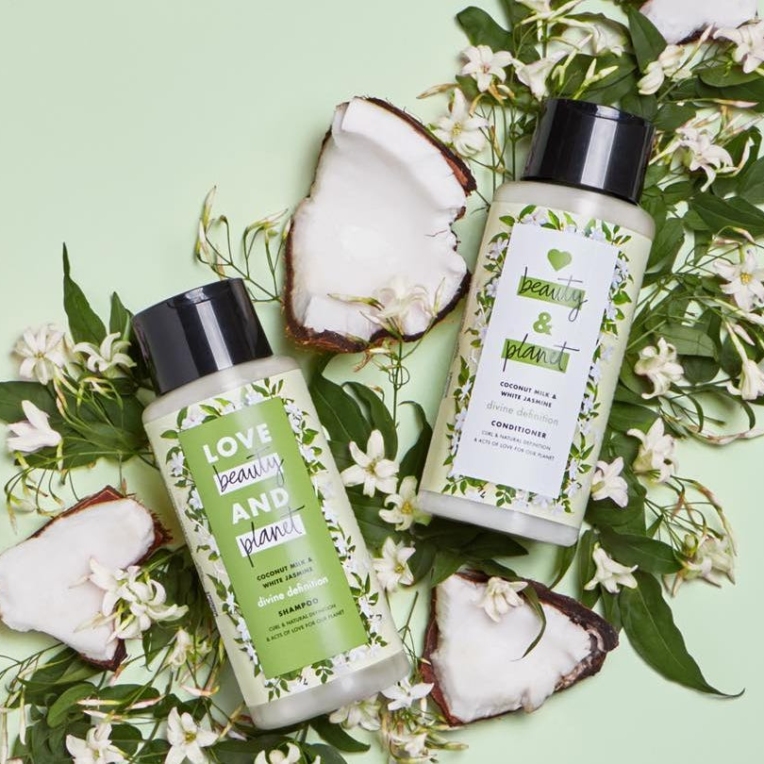Does Kiehl’s cosmetics test on animals? Are Kiehl’s products tested on animals in 2022 – 2023? Yes, Kiehl’s products are tested on animals.
What Is Animal Testing?
Animal testing is used by many companies to try their products on animals before they are approved for human use. Numerous animal species are used in these experiments but most commonly include mice, rats, birds, rabbits, dogs, cats, and primates.
The testing process is often brutal. In some cases, cosmetic products and lotions are applied directly to the animal’s skin. In other cases, these products are given to the animals by ingestion, injection, or inhalation.
The negative impacts on these creatures are astounding. According to PETA (People for the Equal Treatment of Animals), nearly 100 million animals in the United States are killed in labs each year during testing and experimentation.
This number doesn’t include the millions more that are permanently maimed or forced to live out their lives with chronic health issues.
Some examples of tests performed on animals are:
- Eye Draize test
- Skin and eye irritation tests
- Lethal dose tests
Kiehl’s Cosmetics Fall Into One Or More Of The Following Categories:
- Their finished products have been tested on animals
- They have outsourced testing to third parties
- Their products are sold in mainland China
- Their products are sold in countries where animal testing is required by law
- The individual ingredients in their products have been tested on animals
What Is The Current Kiehl’s Animal Testing Policy?
Does Kiehl’s test on animals? As of this year, 2022-2023, the official Kiehl’s animal testing policy states that the company does not conduct animal testing unless required by law.
Kiehl’s is owned by parent company, L’Oréal.
Today, L’Oréal no longer tests its ingredients on animals and no longer tolerates any exception to this rule. Certain health authorities may nevertheless decide to conduct animal tests themselves for certain cosmetic products, as it is still the case in China.”
Why Are Products Tested On Animals?
Every day, people around the world use thousands of different cosmetic and skincare products. Many of these products contain various chemical compounds that could negatively impact our health and well-being.
For the companies that produce these products, safety is critical. If their product makes its customers sick, the company could face financial losses, damage to their reputation, and even lawsuits.
Before releasing them to the public, companies conduct rigorous safety testing on their products. Unfortunately, animal testing is still a widely practiced step in the process.
Are There Alternatives To Animal Testing?
Yes, there are alternatives. Thanks to modern technology and scientific progress, many new alternatives to animal testing are being introduced. In addition to being cruelty-free, many of these are cheaper, faster, and more accurate than the barbaric methods of animal testing.
In-Vitro testing involves testing products and chemical compounds on live human cells or tissues in laboratories. Some labs even have advanced technology that can replicate more complex human systems such as organs, blood vessels, and skin.
Computer modeling is another cruelty-free alternative to animal testing. Using high-tech software or artificial intelligence, computer systems can simulate human biology and model diseases. Scientists can then use these simulations to test and introduce thousands of combinations of chemical compounds in a relatively short time.
Of course, there is always the option of testing products on humans. When this is done, the human subjects are introduced to the substance in extremely small quantities (know as micro-dosing). If the results show no negative effects, the dose is slowly increased until it is confirmed to be safe for mass distribution.
Animal Testing In China
There are animal testing laws that brands must adhere to if they want to sell their products in mainland China. Kiehl’s products are sold in mainland China.
Is Kiehl’s Accredited With PETA Or Leaping Bunny Certified?
Kiehl’s is NOT certified cruelty-free by either Leaping Bunny or PETA. Their products are tested on animals and sold in countries where animal testing is required by law.
What About Animal-Derived Ingredients?
Some brands that don’t test on animals and are still considered cruelty-free use ingredients in their products that contain animal-derived ingredients.
Some examples of animal derived ingredients are:
- Lanolin (a type of fat that comes from sheep’s wool)
- Carmine, a red pigment from crushed bugs (can cause allergic reactions in some)
- Keratin
- Allantoin (can come from plants)
- Honey
- Beeswax
- Gelatin
- Squalene (shark liver oil)
- Placenta
Do Kiehl’s Products Contain Animal Derived Ingredients?
Yes, some of Kiehl’s products do contain ingredients derived from animals or animal by-products. This means Kiehl’s makeup is not vegan.
How Can You Help?
There are lots of things that you can do to help reduce the demand for animal testing. First and foremost, do your research and only use cruelty-free products.
By purchasing these products, you are letting companies know that you do not approve of testing on animals.
You can also lobby your local government to pass legislation that will restrict or ban the use of animals in product testing. The good news is that this is becoming a reality in many parts of the world.
For example, the European Union, Israel, and India have all banned the use and import of animal-tested cosmetic products.
Finally, you can also help spread the word. Make sure that you share information about animal testing with your family and friends.
Encourage them to also purchase only cruelty-free products. Individually, we can make a small change; together, we can change the world.
Do Kiehl’s Test On Animals? Conclusion:
Does Kiehl’s test on animals in 2022 – 2023? Yes, this brand conducts animal testing on their products.

